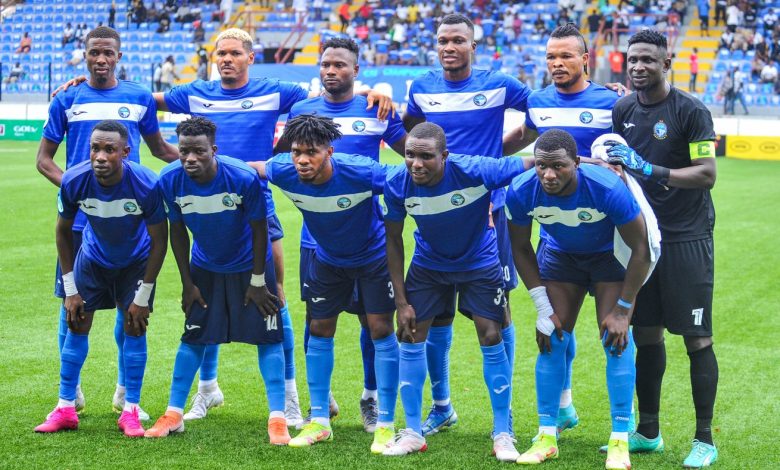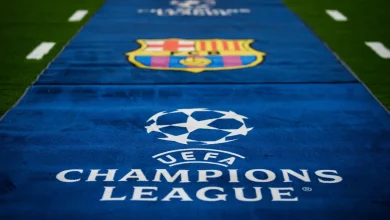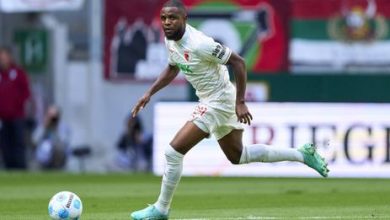Throwback Glory: How Enyimba FC Elevated Nigeria in World Football

Football supporters are left thinking back to a period when Nigerian club football was among the finest in the world, dominated by the legendary Enyimba International Football Club in the early 2000s, as the recently expanded FIFA Club World Cup moves forward without a Nigerian team in sight.
Nigeria, previously a continental powerhouse, is not present in the global championship, despite the fact that major African teams like Al Ahly, Wydad Casablanca, and Esperance are. Discussions have been sparked by the absence, particularly after Ahmed Musa, the captain of the Super Eagles, publicly demanded immediate changes in Nigerian football.
A Time of Greatness in Nigerian Club Football
Nigeria gained respect in the early 2000s thanks to Enyimba FC, also referred to as The People’s Elephant. Being the first Nigerian team to win the CAF Champions League twice in a row, the Aba-based team accomplished the unthinkable.
The continent was dominated by Enyimba’s tactical discipline and indigenous skill under the direction of Kadiri Ikhana and Okey Emordi. In both years, they also won the CAF Super Cup, solidifying their position as Africa’s greatest.
Despite the FIFA Club World Cup’s erratic schedule at the time, Enyimba was still considered a top-tier squad and was placed in the top 30 clubs worldwide.
Same Absence, New Format.
With a 32-team format, the 2025 Club World Cup will provide additional chances for African participation. Nevertheless, no Nigerian team was selected, highlighting the widening divide between Nigerian football and that of the rest of the continent.
Although Enyimba recently participated in the African Football League (AFL), which is supported by CAF, their early elimination against Wydad Casablanca indicated that their previous domination is now a thing of the past.
Nigerian football continues to suffer from the following root causes:
Insufficient funds.
Inadequate management procedures
Unsuitable infrastructure
The absence of grassroots development
Because of these ongoing difficulties, Nigerian clubs are now far behind their rivals in North and South Africa.
It’s Time to Restore
Ahmed Musa asked stakeholders to restructure the football system, from club management to youth development, in response to Nigeria’s persistent exclusion from elite competitions.
Nigeria’s ability to compete on a global scale is demonstrated by Enyimba’s golden age. Will the country take action before the next chance passes?





